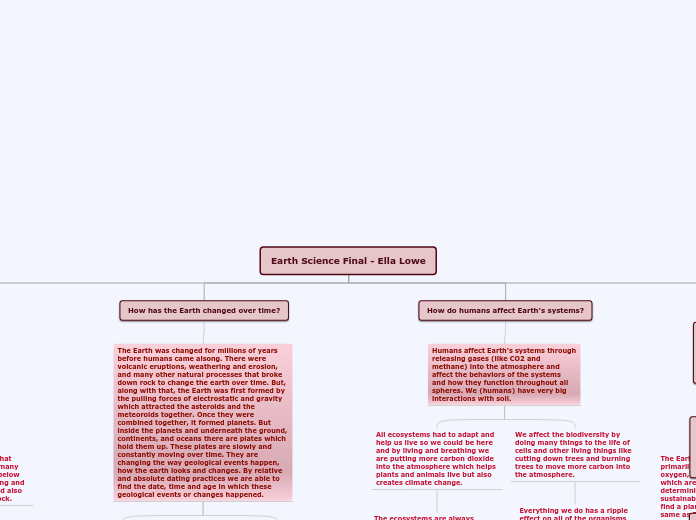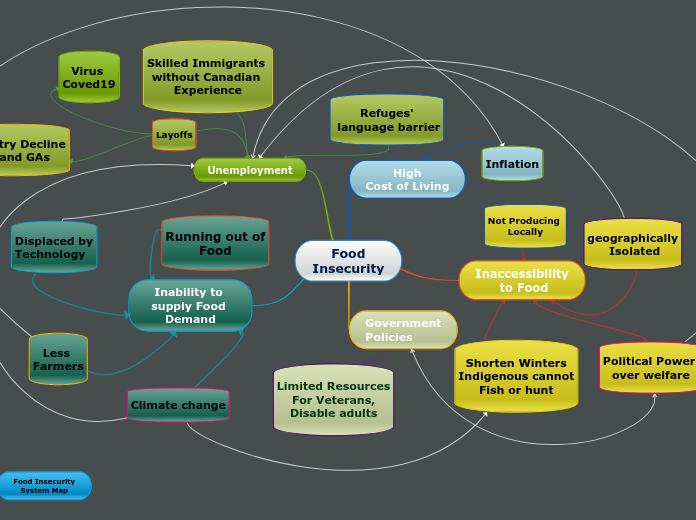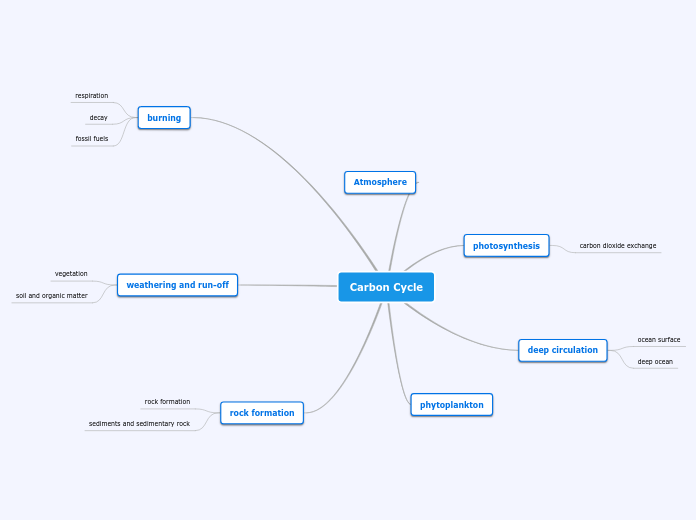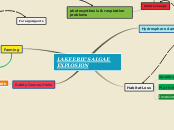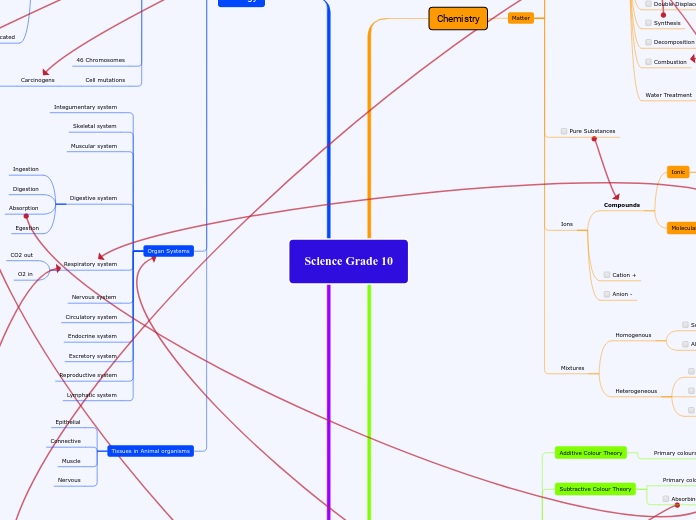This is an image from a mining operator business and I chose it because it shows the different amount of things that are mined and need to be mined for the day and age.
This is an image that shows the types of rocks, minerals, and fossils that can be mined that are earth materials.
This image is from a mining statistics website and it shows the amount of natural resources that has gone up for mining and how much we now have a need for it.
This is an image that shows how the earth looking has changed over the past. Not just the way it has changed physically but also its appearance from space and beyond.
This photo I found from a Earth History website and it shows an accuarate representation of how the earth has changed in the past.
This is an image from a mining business site and it shows that two biggest mining producers and then also Africa because africa is rich for mining.
This image is another one from my notebook and it shows, in writing, how the earth has changed over the millions of years since the earth has formed.
This is an image also from my notebook that shows the earth changing underground.
This is from my notebook and shows the place of the earth in a timeline ever since it was formed.
This is another image from my notebook that shows what a star goes through like in the universe like our star.
This is an image from my notebook that shows the star life and how it affects the earth within its universe.
This is another image from my notebook and it is called the carbon cycle. I chose it because it shows the way that carbon circulates through the air with animals, nature, and humans.
This image is from my notebook and I chose it because it shows over all the ages, how the climate has changed from the ecosystems and humans.
This is an image from a crash course about how humans effect earths environment. I chose this because it lists the services that ecosystems provide us and why the way we effect them, hurts us too.
This is an image from my notebook and I chose it because it shows the rock cycle.
This photo is another one from my notebook and I chose it because it shows how the earth had changed from the pangea over the span of millions of years.
This is also an image from my notebook and I chose this one because it shows how some human emmisions affect the outisde world.
This is an image that is from my notebook and I chose it because it shows the relationship between all four spheres that has one common thing with humans, soil.
Connection: Mining is some what of like fancy clothes that you buy. Fancy clothes are needed in some situations but not necessarily needed all of the time. In certian points, fancy clothes as a choice is best just like mining but its not always needed. Our new age of technology needs specific things that are unreachable without mining but there are certain things or machinery that could reach below enough but not as far that would reach it without all the mines. In some cases mining is easier but also other cases there are better ways to do so. Like there are some cases in which havin fancy clothes are better and there are other occasions when you don’t need to dress as fancy or you can buy lesser value nice clothes. I’ve come to learn that mining isn’t always needed when getting things like a certain rock close to the surface or fuel thats also not far from the surface.
Life is On website for “Mining/Metals/Minerals”
Earth Materials Product pg. 21
The Rock Cycle pg. 7
Where are specific earth materials found and why pg. 20
Earth Materials Presentation notecards
Earth Materials and Process Opening pg. 5
Connection: Our ever changing and growing technology is something that us in the modern age should be proud of. I think that the ever changing technolgy of iphones could be the same as the ever changing (or changed) earth. The iphones and samsungs are all adapting to our growing modern age and so has the earth in the past and how in the technology world, its gone from flip phones to smart phones. The Earth had formed from being one supercontinent called pangea, which is like the flips phones, to having seven different continents, which is like the smart phones today. There are many things that led up to the earth changing from the supercontinent to seven different ones like cementation, weathering, and erosion. Just like all of the different iphones or attempts bewtween the time of flip phones and the newest smart phones. Smart phones and flip phones go through many different process to change, become better, and adapt to the new ways just like the earth does. With tectonic plates, there is no way that the earth would never change because it is constantly moving and always changing. There is never a day when its not doing that.
Lava Surfers pg. 34
Convection Lab pg. 32
Earth Materials Project
Dynamic Earth pg. 31
Future Map pg. 33
Earth History Closing pg. 35
This photo is from a wedsite I found from google photos and I chose it because it shows parts of our universal address and more of it.
This image is from a website called msemcsquared.com and I chose it because it shows the whole universe together and our little spot inside of it.
Connection: We all have a certain place in our town, the United States, and the world. Just like the Earth has a special in the universe as a whole. Pretend like the town Waverly was the universe and the Earth was the specific address of your house. We each have a distinct address of where we live and there is no other address that is exactly like it, along with the Earth. Where we live we have neighbors, people who we live next to or by us that we see everyday. In space, the Earth has many different neighboring planets, stars, light, and other forms in the universe. We average the space between neighbors on Earth very closely because they live right next to us but neighboring things in space can be very far away. And it says that there are 92 billion light years that are across the visible universe. In that 92 billion light years, there is Earth’s specific place in the universe and just like the 2,680 miles horizontally across the U.S, there is our specific place as well.
Habitable Conditions pg. 59
Space Closing pg. 60
The World Atlas Website (https://www.worldatlas.com/webimage/countrys/namerica/usstates/uslandst.htm)
The Big Band pg. 53
Astronomical Distance pg. 56
Connection: If us as humans did not have our lifestyles, our cars, the need for more farmland, or our love for all different kinds of plastics that we put out, we would not be hurting on all ecosystems all over the world. It is proven that sometimes just us by oursleves, are hurting the ecosystems and possbily can be responsble for the extinction of hundreds of plants and animals. Without the ecostysems services, we would not be able to survive. So having them intact is not only important for those organisms who live in them but also for us who need it to stay alive. We rely on these systems because we never would be able to theses things on our own. In ways that we act as humans because its natural, we are badly effecting our ecosystems. And if we don’t have out ecosystems, we would never, ever be able to recreate or reproduce the things they do for us. Not even with the smart technology we will come up wiht in the future. In simple talking, without the help of ecosystems working for us, we would not be here and so we need to start thinking about how our actions have larger effects on how we live more than just the simple way we think. We think our actions don’t effect things like the ecosystems, but they do and we need to be more careful and take it into consideration so we don’t just effect how the ecosystems work, but also how we live through those systems.
- RESOURCES -
Carbon Cycle pg. 44
Earth’s Systems Closing pg. 48
Carbon in Earth’s Systems pg. 46
Crash Course Video: Human Impacts on Environment
Wolves & Whales pg. 41
Soil and the 4 Spheres pg. 39
Earth Science Final - Ella Lowe
What is the Earth’s place in the Universe?
In our universal address, Earth is located in the Virgo Cluster of galaxies which is a group of galaxies held by gravity and the highest part on the address. But we are also in a smaller group of galaxies called the Local Group within this supercluster and so on. The second largest galaxy is the milky way which we are located in. We are also 4.37 light years away from the nearest star inside of these clusters.
Our universal address is Earth, Solar System, Global Cluster, Milky Way, Local Group, Virgo Cluster.
On Earth, living things produce carbon dioxide and oxygen through photosynthesis and respiration like no other planet. Compared to other planets in our solar system we have a unique atmosphere that is perfect to supply life in.
The Earth’s atmosphere is primarily composed of nitrogen, oxygen, argon, and water vapor which are perfect conditions for determining if a planet is sustainable for life. It is hard to find a planet that is uniquely the same as Earth is.
We measure the distance by parsecs and light years but also by looking at things differently which is called parallax. And there are 92 billion light years across the visivle universe.
How do humans affect Earth’s systems?
Humans affect Earth’s systems through releasing gases (like CO2 and methane) into the atmosphere and affect the behaviors of the systems and how they function throughout all spheres. We (humans) have very big interactions with soil.
We affect the biodiversity by doing many things to the life of cells and other living things like cutting down trees and burning trees to move more carbon into the atmosphere.
Everything we do has a ripple effect on all of the organisms and environment that we share life with and it leads back to the systems because I believe that we are one of many keystone species that help ecosystems function.
All ecosystems had to adapt and help us live so we could be here and by living and breathing we are putting more carbon dioxide into the atmosphere which helps plants and animals live but also creates climate change.
The ecosystems are always working hard for us in the world everyday, they filter all of our water, sucking carbon dioxide out of the air, and also producing all of the food we eat.
How has the Earth changed over time?
The Earth was changed for millions of years before humans came alsong. There were volcanic eruptions, weathering and erosion, and many other natural processes that broke down rock to change the earth over time. But, along with that, the Earth was first formed by the pulling forces of electrostatic and gravity which attracted the asteroids and the meteoroids together. Once they were combined together, it formed planets. But inside the planets and underneath the ground, continents, and oceans there are plates which hold them up. These plates are slowly and constantly moving over time. They are changing the way geological events happen, how the earth looks and changes. By relative and absolute dating practices we are able to find the date, time and age in which these geological events or changes happened.
These plates are constantly doing the same thing over and over for the earth. The mantle is made of hot, dense semisolid rock which heats the plates. The tectonic plates then break up in the mantle and slide beneath one another and sometimes cause collisions. The semisolid hot, dense material, when warm, rises causing the plates to move. And when this material is cooled it sinks back down again and starts the process all over.
They explain why these geological events take place and how it effects us and the earth.
The plate tectonics theory states that, that the earth’s outer layer (lithosphere) is broken into many large slabs called plates. These plates help hold oceanse and continents and they are constantly moving but slowly around out planet. The movement of these plates explains many geological events that often occur.
Through plate tectonics we have learned why the earth changes from earthquakes, volcanic eruptions, canyons, tsunamis, glaciers, and many more.
Is mining essential for modern life?
Yes and no because most materials that are essential and needed for our modern life comes from mining but through our new technology we are able to use new ways for energy and such like solar panels. Through mining we have made many new discoveries that are important to us now and are used for many products in this day and age. Most of our resources are found underground and without mining they are unreachable.
The rocks and minerals that form underground have many different changes while below the ground like weathering and erosion, cementation, and also where sediment forms rock.
The mining idustry is a starting point for a long line of an important value chain, mining is one of the biggest demands to produce all the things we now have with technology. Without it, we simply wouldn’t be able to function.
Most of Earth’s materials and resources (like rocks, or minerals) are found from mining and without it most structures and buildings would not be constructed today.
Mining is essential for the mineral products we use for the components of cell phones, solar panels, energy towers, wind turbines, cars, machinery, lots of construction, and fertilizer.
